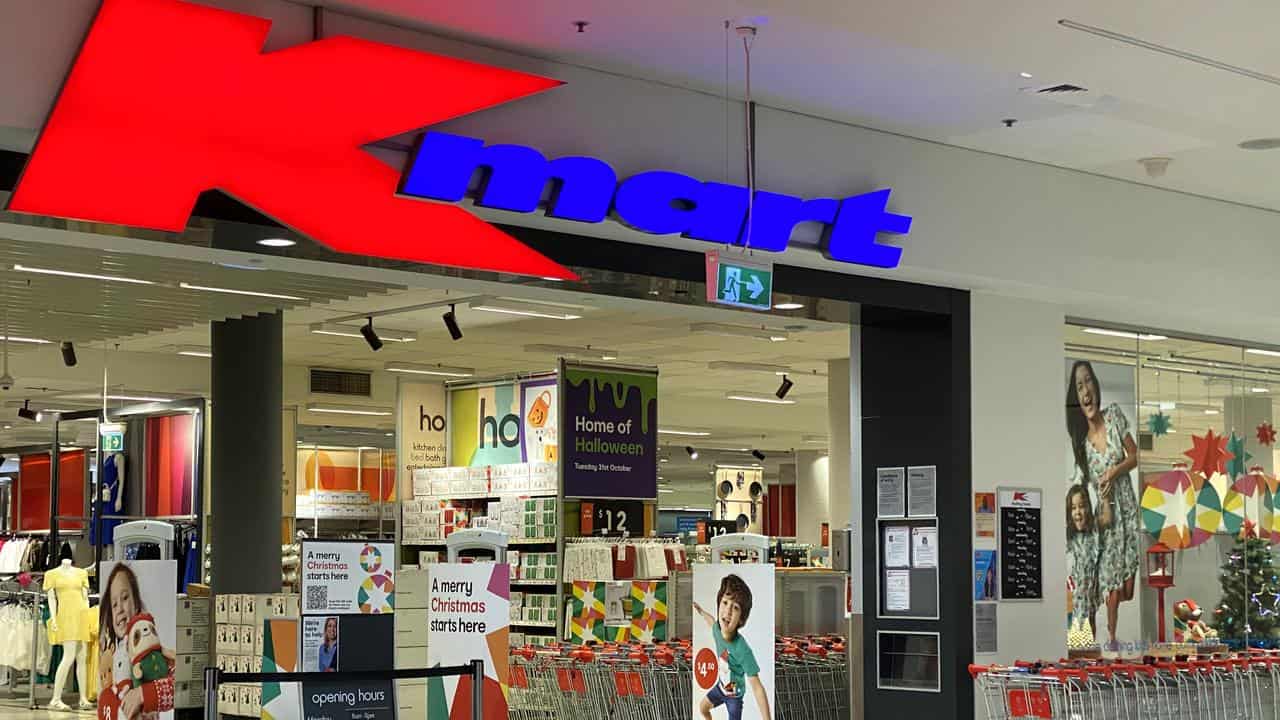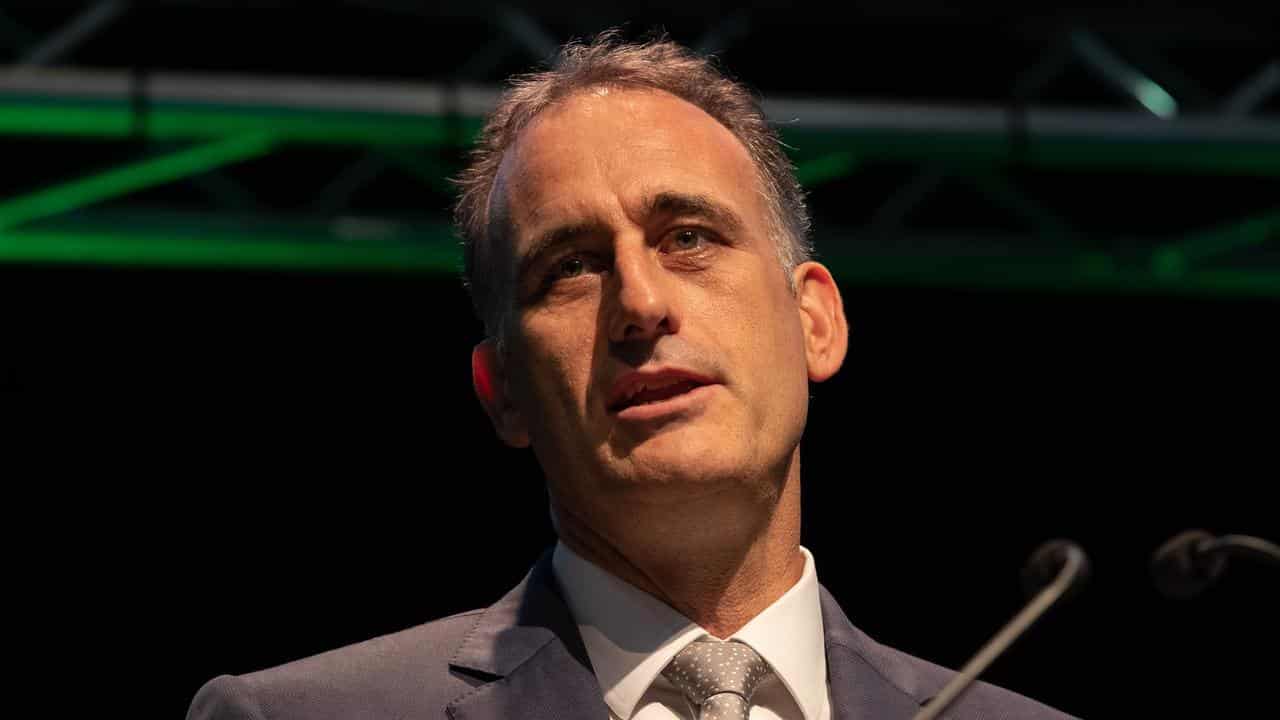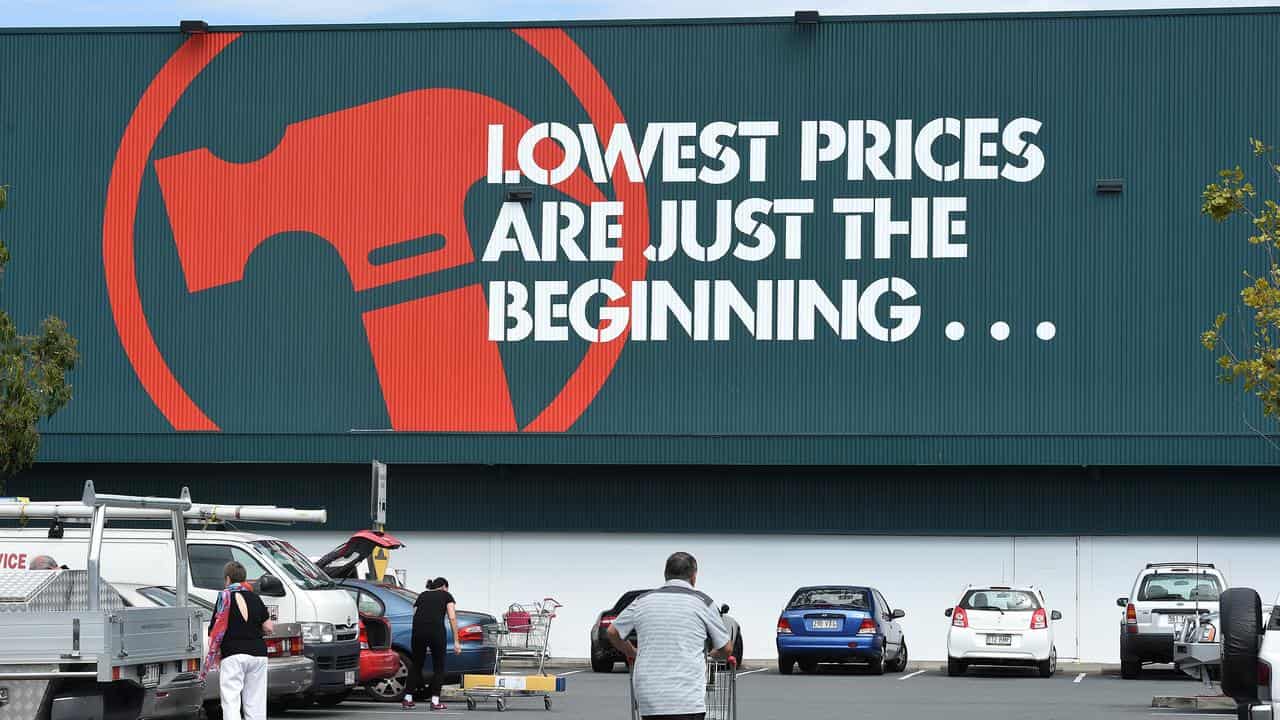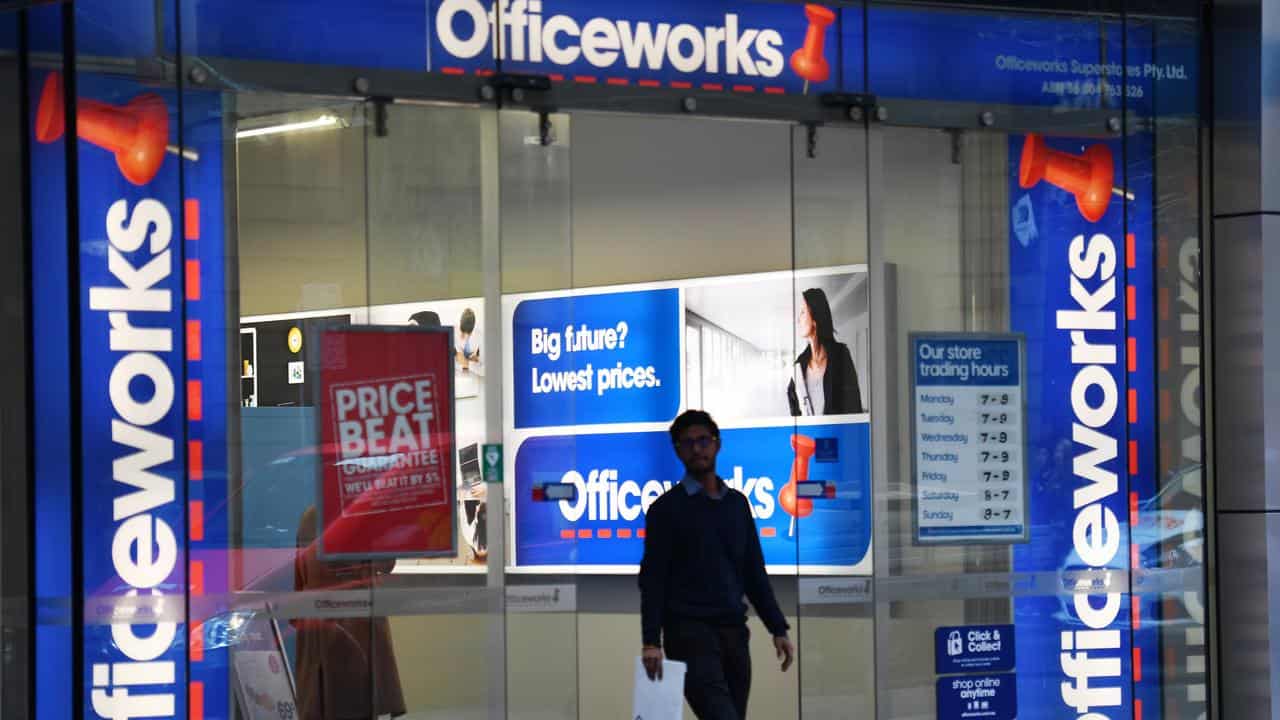
Kmart's house brand Anko has kept budget-conscious consumers shopping despite cost-of-living pain, supporting Wesfarmer's 3.7 per cent profit boost on the year before.
The owner of the popular retail brand, hardware giant Bunnings and stationery chain Officeworks made a $2.56 billion net profit after tax in the full year ending June 30, up from $2.46 billion and meeting analyst expectations.
The West Australian company's revenue was up 1.5 per cent to $44.19 billion.
Despite an overall strong financial year in 2024, challenging economic conditions was weighing on home-building and slowing sales growth at Bunnings.
Managing director Rob Scott said a tough year was expected given numerous headwinds, including cost-of-living pressures, rising business costs, subdued activity in residential construction and significant volatility in key commodities.

But he said retail divisions pivoted effectively to a cost-conscious consumer seeking value.
"Sales and earnings growth in the retail divisions was supported by everyday low price offerings and products with broad customer appeal," Mr Scott said.
Kmart Group performed strongly, growing its earnings 24.6 per cent above the previous year to $958 million - a record for the business.
Total sales rose 6.3 per cent, with units sold, transaction volumes and customer numbers all growing, reflecting consumer interest in Kmart's house brand Anko and low-price positioning.
Target's total sales declined 4.5 per cent for the year, which the company said was affected by a "disrupted period of sales with the changeover in Target's general merchandise range to Anko".
Bunnings' earnings lifted 0.9 per cent to $2.25 billion, with total store sales increasing 2.6 per cent, though growth moderated in the second half of the financial year, reflecting a slowdown in new construction work.

On the consumer side, bulk-pack quantities, own-brand and entry-level ranges performed well, appealing to households seeking affordable home improvement options.
Officeworks' sales grew 2.3 per cent, buoyed by consumers snapping up bargains during Black Friday and end-of-financial-year sales as well as back-to-school vouchers in NSW.
Earnings from Wesfarmers' chemicals, energy and fertilisers division fell 34.2 per cent to $440 million, driven by lower global commodity prices, particularly for ammonia and associated products.
eToro market analyst Farhan Badami said Wesfarmers' strength lay in its diverse portfolio, helping it to spread risk across various sectors.
He said investors would be pleased about Kmart posting strong revenue growth for the first eight weeks in the second half of 2024.
Kmart's position in affordable goods was helping support the business as consumers looked to down trade even as economic conditions worsened.

"Therefore, it's no surprise to see the continued strong performance of a brand that is also feeling the love among Gen Z’s with its ‘dupe'-like products, which are proving to be a hit," Mr Badami said.
Mr Scott was confident the business was well positioned to weather still-elevated inflation and higher interest rates keeping pressure on household budgets.
The board declared a final fully franked dividend of $1.07 a share, up 3.9 per cent from the previous final dividend and taking the full-year payout to $1.98 a share.
E&P retail analyst Phillip Kimber said the share price had rallied 18 per cent since the start of July and despite a solid FY24 result overall, moderating sales momentum at Bunnings did not appear to support current share price levels, given the strong run.
Wesfarmers shares were down 3.6 per cent to a two week low of $74.41 at 2.50pm AEST on Thursday.









